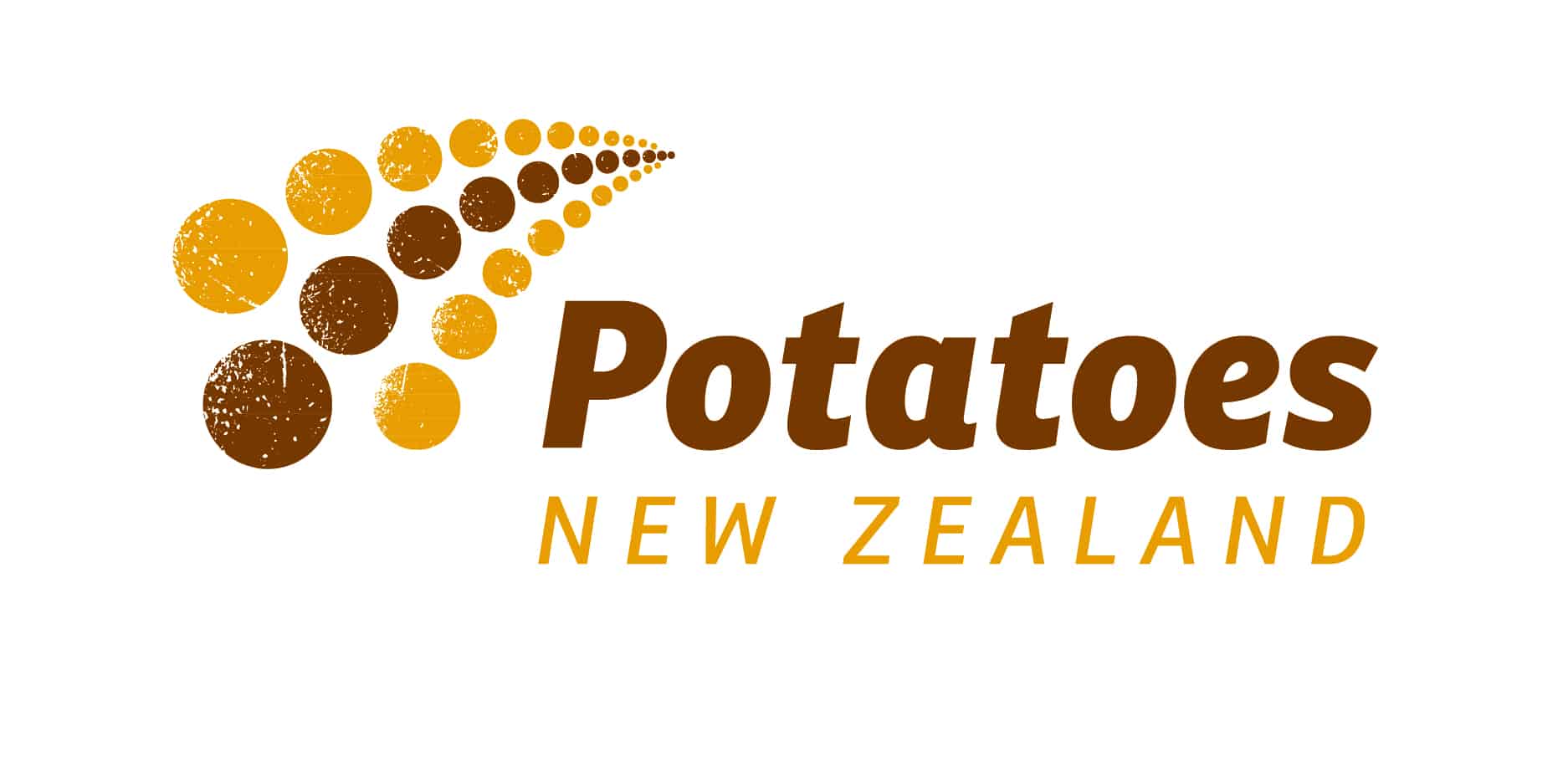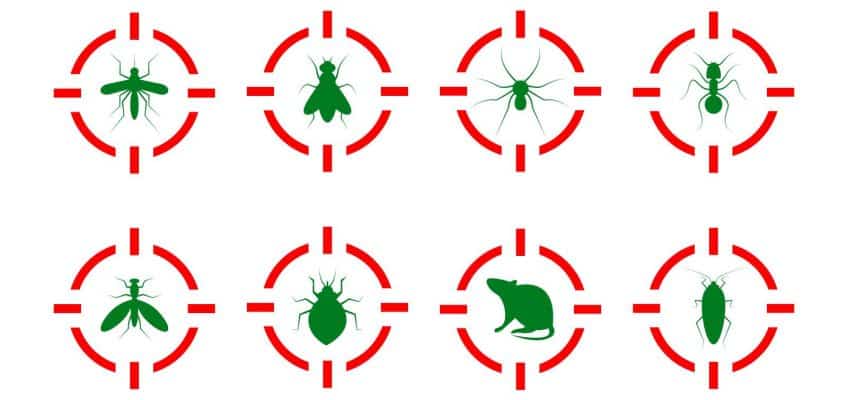Fall Army Work Update.
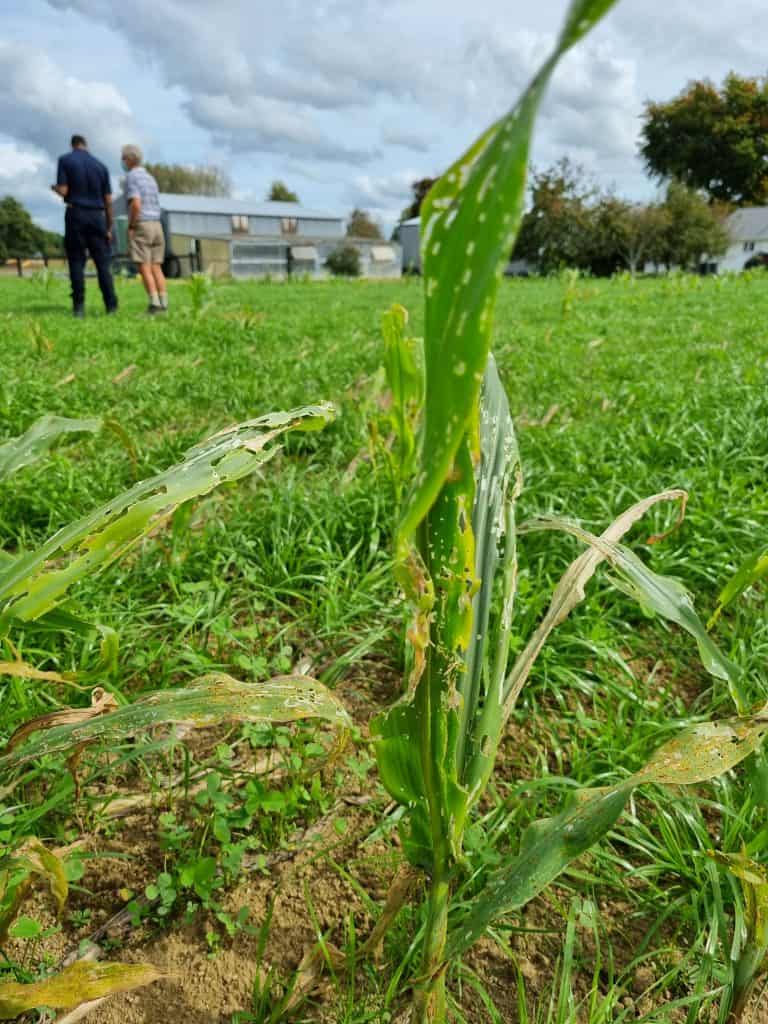
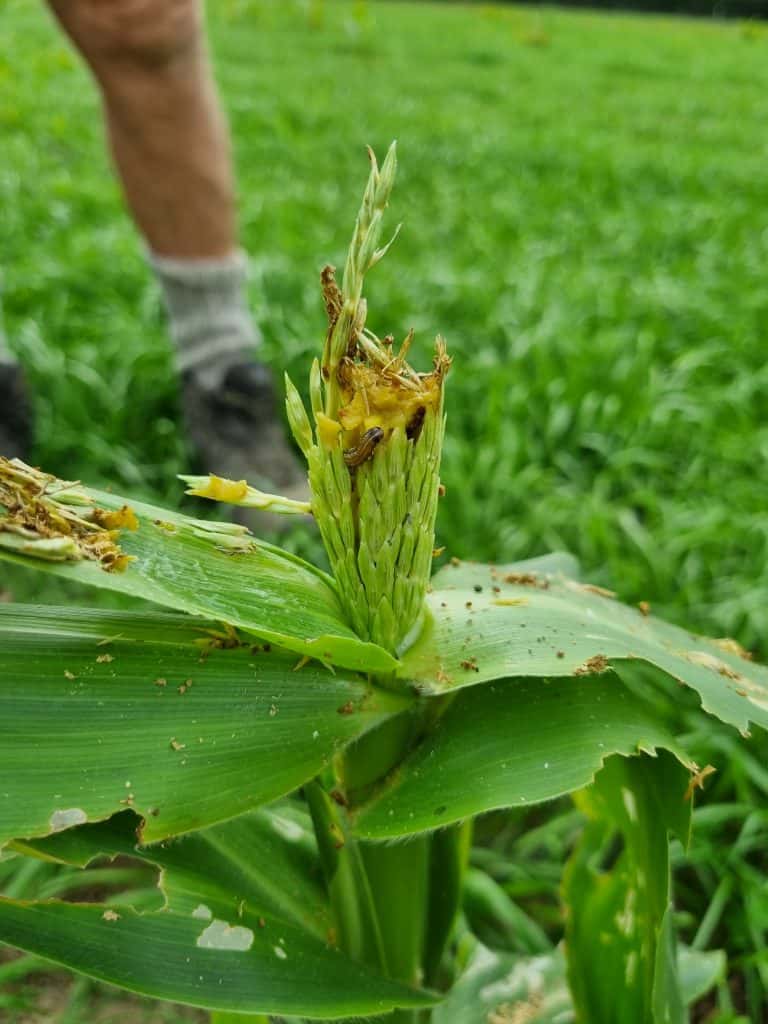
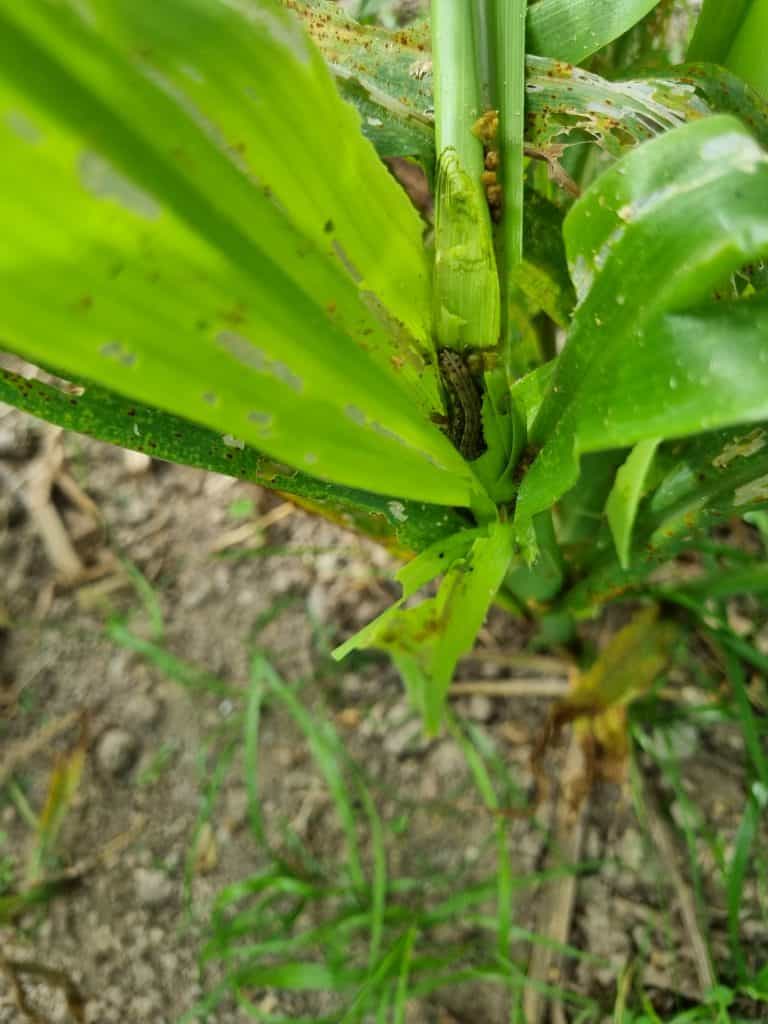
Biosecurity New Zealand and primary sector partners have continued the response efforts against the invasive pest, fall armyworm (FAW).
Potato crops are a potential, but not highly favoured, host plant.
Latest news.
There are some isolated detections, on 25 properties in total in six regions– a single egg mass in Tauranga and larvae in paddocks in the Waikato, Auckland, Taranaki, Gisborne, and Northland. There are also two locations of interest. The majority of the finds were over the summer and autumn period, as the fall armyworm thrives in very warm climates.
Growers need to know.
As we head into spring, with temperatures on the rise again, we encourage everyone to continue to look for signs of FAW, particularly on maize and corn plants. Information about this pest and what to look for can be found here.
It can easily be mistaken for other species so if you suspect fall armyworm, take a photo (caterpillars at least 2cm long) and call Biosecurity New Zealand’s Pest and Disease Hotline (0800 80 99 66) or report online at report.mpi.govt.nz/pest. Alternatively, you can report via https://www.findapest.nz/ (download the app).
Once you have reported your suspected find to MPI, please contact your crop manager or Potatoes NZ for specific advice on the best management options for your crops. A fall armyworm quick growers guide is available here. The guide provides further information on FAW, prevention, intervention, and management options.
It is really important that farmers and growers report any signs of fall army worm as this will help us build a good picture of exactly where this moth pest is and help with the development of long-term management guidance.
All relevant fact sheets and guides can be downloaded here
Surveillance.
As part of the ongoing work against FAW, MPI/Biosecurity NZ are partnering with Better Border Biosecurity (B3) to undertake research to better understand the survival, distribution, and potential impacts of this moth pest in NZ. Over 200 fall armyworm pheromone traps will be distributed around the country to support the B3 research work.
To further support this research, they’d also like farmers and growers to keep a look out for FAW in your properties over the spring and summer months (October to end of March 2023) and provide feedback to us even if you did not detect FAW. This includes growers who have deployed their own FAW pheromone traps, are undertaking crop scouting, or just conducting regular checks of their crops.
If you did not detect FAW in your property, MPI/Biosecurity NZ would also like to know about that, to help build the picture of distribution. Please report this to MPI at the end of each month by filling out the form which can be found at the link here, and sending it through to faw@mpi.govt.nz.


